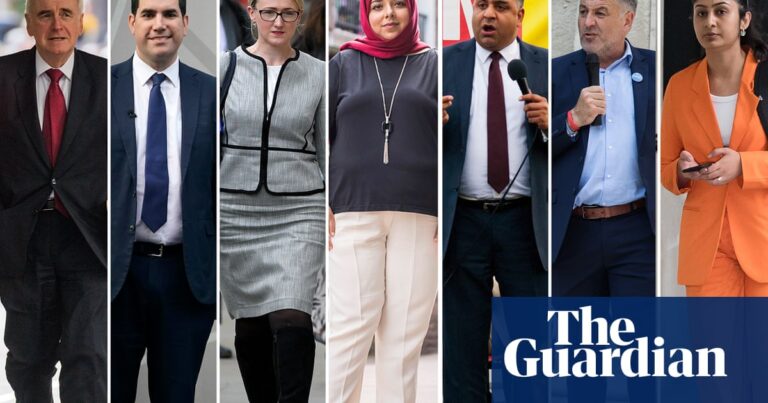Labour Restores Whip to Three More MPs Who Opposed Two-Child Benefit Cap
In a significant move towards reconciliation within its ranks, the Labour Party has reinstated the whip to three Members of Parliament (MPs) who previously opposed the controversial two-child benefit cap. This decision highlights Labour’s ongoing commitment to party unity and responsiveness to the concerns of its members.
Understanding the Two-Child Benefit Cap
Introduced in 2017, the two-child benefit cap limits Child Tax Credit and Universal Credit to the first two children in a family, causing considerable debate within political circles. Critics argue that this policy disproportionately affects low-income families, perpetuating cycles of poverty and inequality. The cap has been a topic of heated discussion within Labour, especially among MPs advocating for social justice and welfare reforms.
The MPs Involved
The three MPs who had their whips restored—who represent different constituencies—had previously voted against party lines on this issue. Their reinstatement comes at a critical time as Labour seeks to position itself as the primary alternative to the current Conservative government. The party aims to galvanize support from disenfranchised voters, especially in the wake of the ongoing cost-of-living crisis which has exacerbated the financial struggles of many families across the UK.
Impact on the Labour Party
The restoration of the whip is more than a reconciliation effort; it reflects Labour’s shifting strategy around social welfare issues. By addressing dissent within their own ranks, Labour is signaling that it values internal discourse and recognizes the legitimacy of differing opinions. As the party gears up for future elections, this move could bolster its image as a compassionate and inclusive party that listens to its members and constituents.
Labour leader Keir Starmer has emphasized the need for a robust welfare system that meets the needs of all families. By reinstating the whip to MPs who advocate against the two-child benefit cap, Labour is not only reinforcing its commitment to social justice but also acknowledging the critical voices within its party advocating for policy change.
Public Reaction and Significance
The decision to restore the whip has garnered mixed reactions. Supporters hail it as a progressive move that aligns with the party’s foundational principles of equality and support for the underprivileged. Critics, however, express concern that Labour may be compromising its stance too readily in order to maintain party dynamics.
The public reaction underscores the necessity for Labour to balance internal cohesion with external expectations. As voters become increasingly aware of social issues, the party’s alignment with advocacy for the underprivileged could be decisive in elections. This realignment might help Labour reclaim its position as the champion for the working class and economically disadvantaged families in the UK.
Moving Forward
As Labour moves into the next election cycle, its stance on key welfare issues like the two-child benefit cap will continue to be a focal point. The reinstated MPs will play a crucial role in shaping the party’s policies and advocacy efforts. Their firsthand experiences and perspectives can contribute to a more comprehensive understanding of the real-life implications of such policies on constituents.
Labour’s response to this issue could set a precedent for its approach to other contentious policies. With the cost-of-living crisis impacting millions, the party will need to articulate clear, compassionate solutions that resonate with voters’ experiences.
Conclusion
The reinstatement of the whip for these three Labour MPs reflects the party’s ongoing efforts to maintain unity while advocate for progressive social policies. The two-child benefit cap remains a critical topic that resonates with many families struggling under financial strain. As Labour prepares for future elections, its ability to address these pressing issues will be vital in gaining public trust and support.
In an era where social equity and fairness are at the forefront of political discussions, Labour’s emphasis on internal dialogue and inclusivity may place it in a stronger position moving forward. The party is potentially on a path to not only redefine its policies but also strengthen its bond with the electorate, ensuring it remains a formidable force in British politics.
Keywords: Labour Party, two-child benefit cap, MPs reinstated, social welfare, Keir Starmer, political reconciliation, Child Tax Credit, economic equality.


